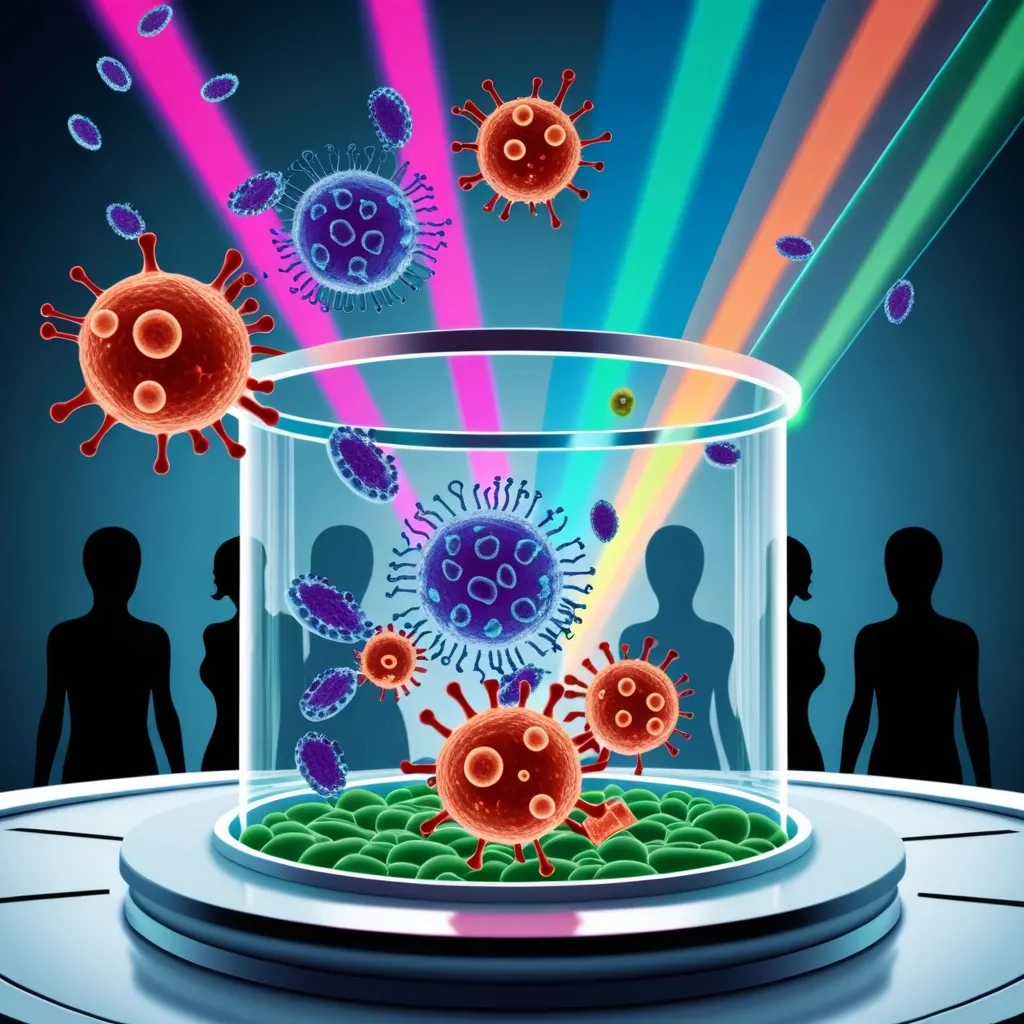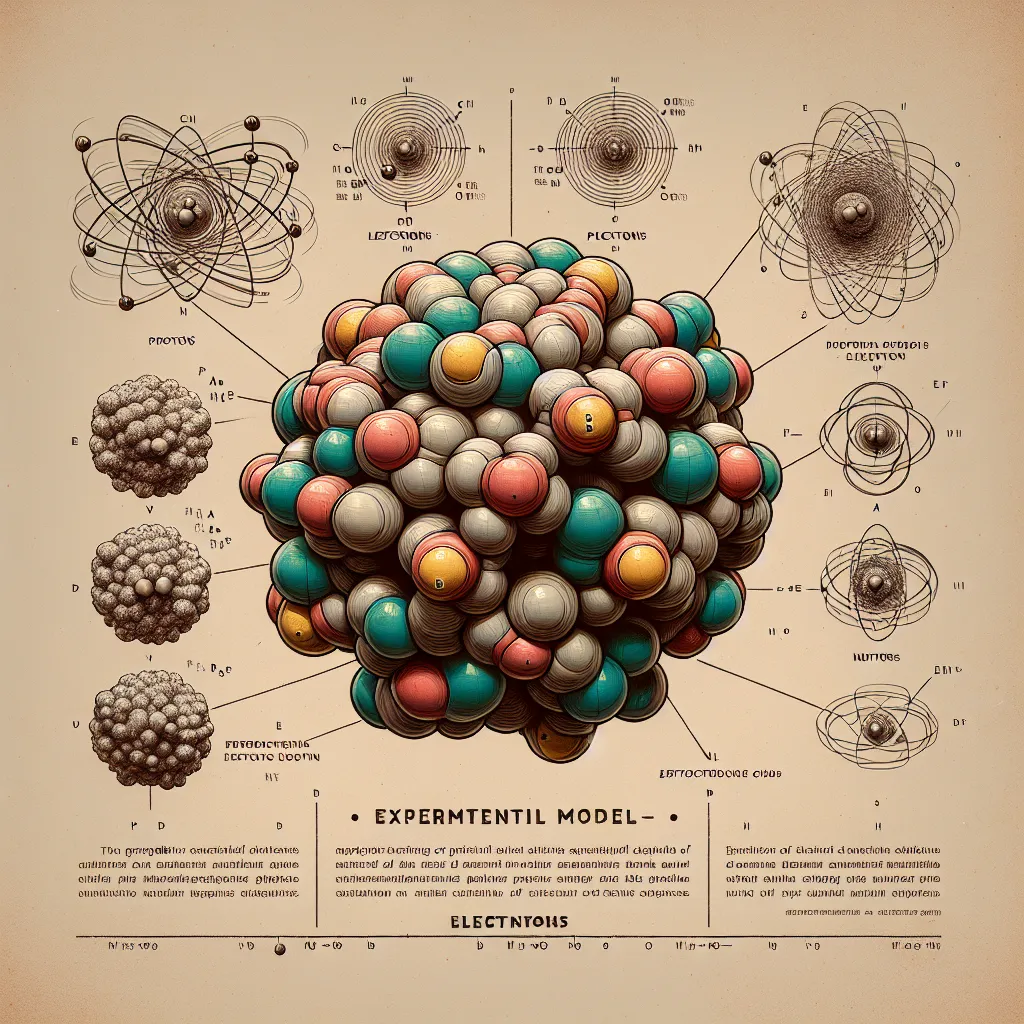Immunotherapy: A Game-Changer in the Fight Against Cancer
Cancer has long been one of humanity’s greatest health challenges, but recent advancements in immunotherapy are changing the game. This innovative approach to cancer treatment harnesses the power of our own immune systems to fight back against this devastating disease. Let’s dive into the world of immunotherapy and explore how it’s revolutionizing cancer care.
At its core, immunotherapy is all about working with our body’s natural defenses. Our immune system is like a highly trained army, constantly on the lookout for invaders that could harm us. But cancer is sneaky. It’s like a spy that can disguise itself, tricking our immune system into thinking it’s not a threat. Immunotherapy helps our body see through these disguises and launch a full-scale attack on cancer cells.
One of the coolest things about immunotherapy is how it uses different strategies to boost our immune response. Think of it like upgrading our body’s defense system. One popular approach is using immune checkpoint inhibitors. These are like removing the safety brakes from our immune system’s car, letting it go full throttle against cancer cells. It’s pretty wild when you think about it - we’re essentially unleashing our body’s own power to fight the disease.
But that’s not the only trick up immunotherapy’s sleeve. There’s also T-cell transfer therapy, which is like creating a special ops team of immune cells. Doctors take some of your own immune cells, give them some extra training to recognize cancer, and then send them back into your body ready for action. It’s like having your own personal cancer-fighting squad.
And let’s not forget about monoclonal antibodies. These lab-made proteins are like smart missiles that can seek out and mark cancer cells for destruction. Once they’ve tagged the bad guys, the rest of the immune system knows exactly where to focus its attack.
One of the coolest recent developments in immunotherapy is the work being done to keep the fight localized. You see, sometimes when we rev up the immune system, it can get a bit overzealous and start attacking healthy cells too. But researchers have found a way to keep cancer-fighting proteins called cytokines right where we want them - in the tumor. It’s like setting up a force field around the cancer, keeping the battle contained and minimizing collateral damage.
Personalization is also a big deal in immunotherapy. Everyone’s cancer is a bit different, so why shouldn’t their treatment be tailored just for them? That’s where things like CAR T-cell therapy come in. It’s like giving your immune cells a personal makeover, teaching them exactly what your specific cancer looks like so they can hunt it down more effectively.
Now, I’m not gonna lie - immunotherapy isn’t perfect. It doesn’t work for everyone, and sometimes it can cause some pretty nasty side effects. It’s like any powerful tool - in the wrong hands or used incorrectly, it can cause problems. But researchers are working hard to figure out who will benefit most from these treatments and how to minimize the downsides.
Despite these challenges, immunotherapy has already made a huge difference in many people’s lives. Imagine being told you have advanced cancer and then finding out there’s a treatment that could not only slow it down but potentially shrink your tumors. For some folks, immunotherapy has been nothing short of a miracle.
But here’s the thing - we’re really just scratching the surface of what’s possible with immunotherapy. Scientists are coming up with new ideas all the time. They’re looking at combining immunotherapy with other treatments, like targeted drugs or radiation, to pack an even bigger punch against cancer. They’re even exploring wild ideas like using certain immune cells as tiny drug delivery vehicles to get medicine right to where it’s needed most.
It’s an exciting time in cancer research, and immunotherapy is leading the charge. We’re moving away from the old-school “slash, poison, and burn” approach of surgery, chemotherapy, and radiation, and towards treatments that work with our bodies instead of against them. It’s like we’re finally learning to speak our immune system’s language and teaching it new tricks to fight cancer.
Of course, there’s still a long way to go. Cancer is a tough opponent, and it’s not going down without a fight. But with each new discovery in immunotherapy, we’re getting closer to a future where cancer isn’t the scary, life-altering diagnosis it once was. We’re learning more every day about how to make these treatments more effective, more accessible, and easier on patients.
So what does all this mean for you? Well, if you or someone you love is facing cancer, immunotherapy might be an option worth discussing with your doctor. It’s not right for every type of cancer or every patient, but for some people, it could be a game-changer. And even if it’s not the right fit right now, the rapid pace of research means new options are always on the horizon.
In the end, immunotherapy represents hope. Hope that we can find smarter, gentler ways to treat cancer. Hope that we can extend and improve the lives of people facing this disease. And hope that one day, we might even be able to prevent cancer altogether by boosting our body’s natural defenses.
As we continue to unlock the secrets of our immune system and how it interacts with cancer, who knows what incredible breakthroughs we might discover? The future of cancer treatment is looking brighter than ever, thanks to the promise of immunotherapy. It’s a reminder of the amazing things we can achieve when we work with our bodies instead of against them, and a testament to the incredible power of scientific research and human ingenuity.
So here’s to immunotherapy - the treatment that’s teaching our bodies to be the ultimate cancer-fighting machines. It’s not just changing the game; it’s rewriting the rules entirely. And that’s something worth getting excited about.






